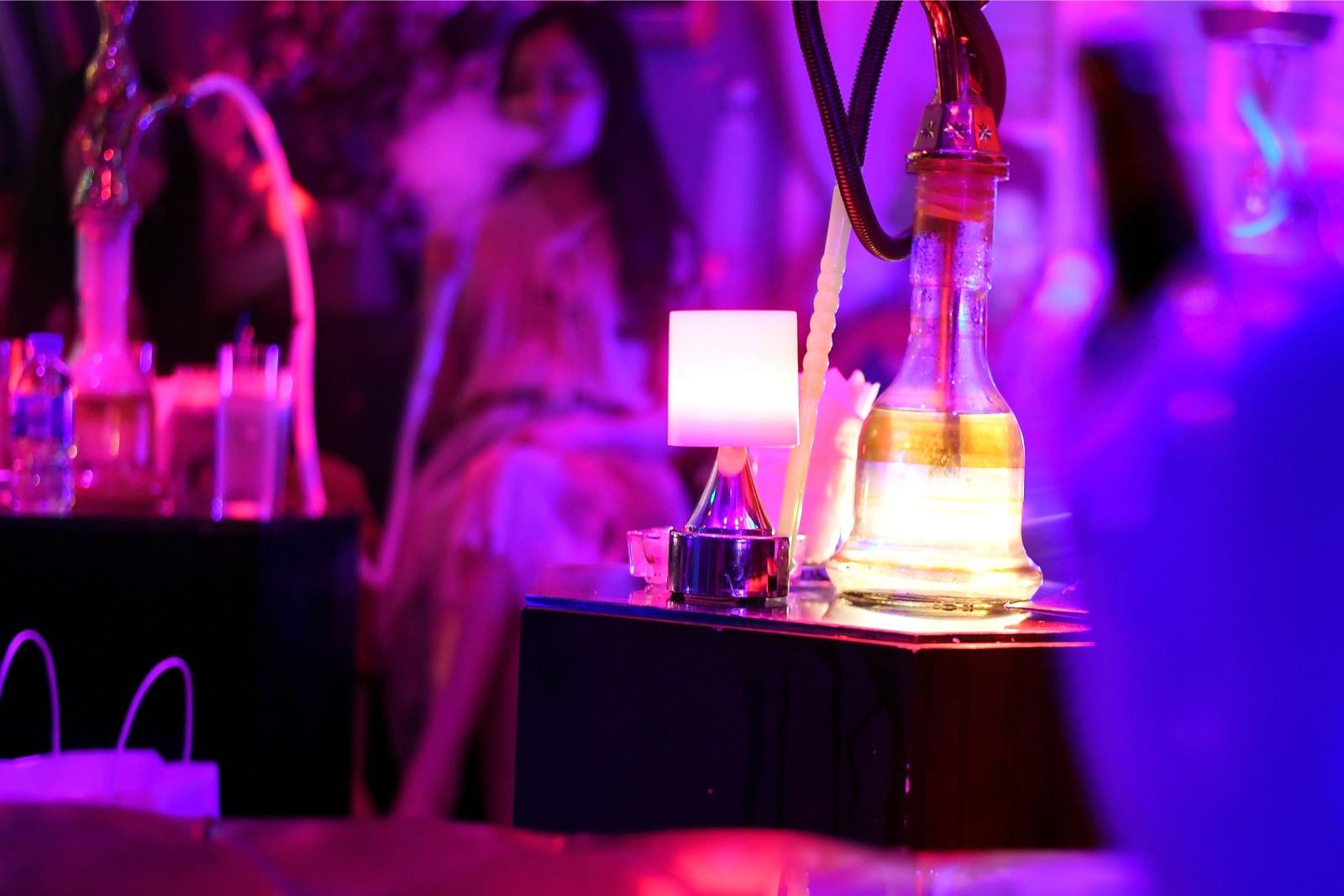KUALA LUMPUR, Jan 9 — When the smoking ban in eateries—restaurants, warongs, cafes — kicked in on January 1, shisha cafes were left…confused.
The main focus of these cafes is on shisha but they also serve some food on the side; that means customers are technically not allowed to smoke within three metres of the establishments.
Arsha Mahmud, who manages G’Bistro restaurant, said the number of shisha customers visiting the restaurant has dropped following the ban.
“We still get customers but the numbers have dropped since we don’t allow indoor smoking. My argument is that shisha has very little nicotine in it or none at all. It’s good for those attempting to wean off cigarettes,” he said.
Another operator — owner of Hookah Island Haider Ibrahim — said he will have to close shop if he has to stop selling shisha as more than 50 per cent of his income comes from it.
“Why not impose a tax on shisha instead of banning it in these restaurants,” the 30-year-old asked.
“Many in Arab and European countries love shisha and it’s part of their culture. I see this rule affecting tourism.”
The manager of Canai SS15 ,who only wanted to be known as Saras, said her business has been badly affected since January 1.
“On the first day itself hardly anyone came and ordered shisha. The government said they are giving us six months’ grace period so let’s see what happens.
“They tend to change their minds from time to time so maybe a compromise can be accorded. For a big shop like ours, the income from shisha sales helps tremendously with the rent,” she said.
This six-month “educational enforcement” period is to ensure the public is informed of the ban and the dangers of smoking.
Throughout the period, no punitive action will be taken against offenders and only verbal warnings will be issued.
However, there are some shisha sellers who have taken measures to safeguard their business and made steps to inform their customers they are doing the necessary to stay relevant.
“I called the Ministry of Health to get some clarity on the rule as to whether it’s the smoke or the nicotine that’s the issue,” said Haikal Hashron, the owner of Cafe Tryst.
“My customers were pinging us on social media and calling us incessantly to see if we were still operational. To be safe, I have moved all smoking to upstairs while downstairs is strictly for food and beverage. However, I can tell the customers are getting afraid to pop by for fear of getting fined.
“That’s another reason why we’re using only non-nicotine molasses starting from January 1.”
Shisha reportedly has around 0.025 to 0.05mg of nicotine per bowl but extended usage can lead to addiction.
Meanwhile the owner of Cili Padi, Johnson Jayabalan, feels the more business they get the more money the government can make in the form of taxes.
He also suggested using a time-based system where during non-peak hours, customers can smoke indoors providing there’s ample ventilation.
“If we use air purifiers it’d be nice to use the indoors for shisha from 3-6 pm when there are very few people,” said Johnson.
“In the end the customers are our rice bowl and we need to cater to their needs. In the meantime, I’ve moved all my shisha operations outdoors but I’d like more options than the three-metre rule as it’s still vague.
“If the government is willing to sell space on the roadside, I’m willing to rent it,” he added.
The only shop that Malay Mail visited that has shuttered its shisha business completely is The Alchemist.
“The owner decided to cease shisha operations immediately for fear of reprisal but I admit we were a bit unclear on the rule as other businesses are still operating,” said manager Raz Kamal Mazar.
“We’d rather play it safe and see what happens within these six months.”
Employees at The Fog Room, however, had a different view.
“I hope non-smokers don’t come here as we’re a shop that prioritises shisha,” said Rusty Pasqual.
“Our customers are all smokers but because of this rule, our business is affected. We’ve never had any complaints about smoking but now since we moved the shisha smoking to the first floor, our food business is affected as customers can’t get a snack if they’re hungry. They must come down, then go up again which is a nuisance,” added the 24-year-old.
An average shisha bong costs RM14 and cafes average 400 bongs per month, which comes to RM5,600. Larger and more popular establishments can easily make double that.



















